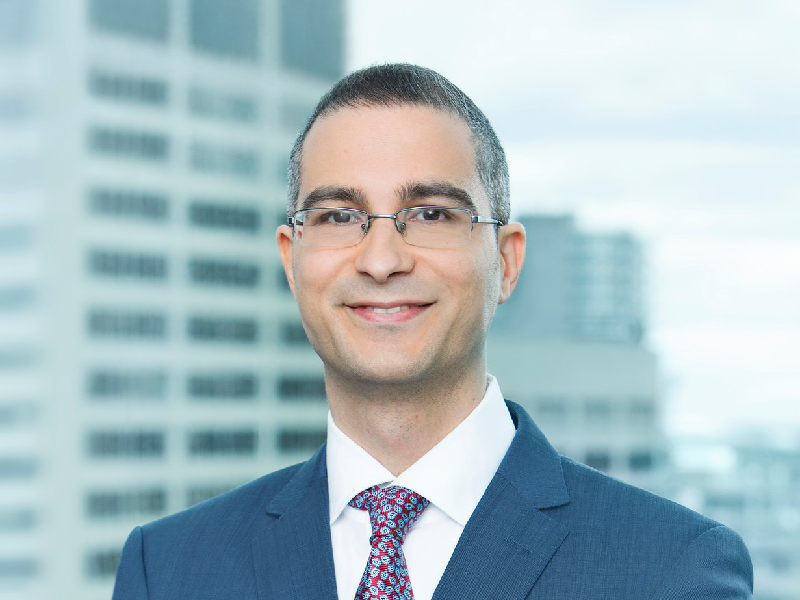
Groups of people spending decades wandering through deserts may need at least 10 rules to survive, but in the rough-and-tumble world of alternative investing, you only need five.
For small to mid-sized institutional investors, building a diversified and high-performing private market program requires the team to follow five basic tenets, said Tarik Serri, senior director of hedge funds and alternative investments at Trans-Canada Capital Inc., during his session.
The first relates to ticket size — and is relatively straightforward. Only by making a meaningful allocation to private markets can it have a significant impact on a fund’s overall performance. Unfortunately, this tenet is widely misunderstood, said Serri.
Read: Are pension plan sponsors rethinking real estate investments in work-from-home era?
“Some of you are thinking that large ticket sizes won’t work for small investors. But it’s really about putting a sizeable ticket size in your portfolio, no matter what the size of the portfolio is. Make it meaningful. It can also be perceived concentrated if we look at it on a separate asset class basis but will be diversified when we combine all private market assets together.”
The second tenet is that teams investing in private markets should optimize their teams. He suggested that pension plan sponsors use a strategy designed to maximize knowledge breadth while avoiding gaps. “We need a dedicated team — experts in the private market space. The way we build our team is that each person has two similar asset classes. In this way, you can harness the synergies between the asset classes and remove any siloes. For example, we’d have one person covering real estate and infrastructure, which have a lot of commonalities. Its all about building relationships and partnerships with GPs, this cross-asset class structure will also help in sourcing and staying close with our managers.”
Read: Green urban real estate investing pays off for pension funds
The third tenet relates to governance. Just as an experienced team will be better able to capitalize on a broader spectrum of opportunities, Serri said he believes a stronger governance structure can provide pension plan sponsors with the flexibility on benefiting from time-sensitive opportunities in alternative asset classes. “In private markets, executing often has to be done rapidly, especially for co-investments. Sometimes managers have these deadlines that you have to respect. You have to do the due diligence in a compressed time period. It’s important to have an established approval framework with some sort of autonomy and discretion to the investment team.”
The fourth tenet relates to investment philosophy. In order to capture the benefits of alternative private markets, Serri said investors should take a liberal approach to allocation decisions. “The way that we think about it is to have a holistic view of the portfolio. You’re not tied down to one asset class — having private equity, private debt, infrastructure, real estate and co-investment in one program diversifies it across asset classes, geographies, vintages and sectors.”
Read: Two decades of low inflation push DB pensions toward alternative investments: Bank of Canada
The last tenet — which Serri noted is the most difficult for small and medium-sized pension plan sponsors to deal with — relates to making co-investments. Those that do manage to pursue co-investment opportunities won’t just see better risk-adjusted returns, they’ll also benefit from the experience of working alongside other private market professionals, he said.
“There’s huge benefits for co-investments: maximized returns with low fees . . . but knowledge also transfers from managers to the teams and back. That insight, which brings a macro perspective to the underlying manager who is giving you that co-investment, is very important.”
Serri said he doesn’t believe these five tenets are the only ingredients required for successful alternative investing. He does, however, believe these can be used by smaller investors to imitate the approach taken by larger pension plans.
“In our view, these are the key tools needed to build a successful private market program, they work for us and it can work for smaller investors to make better investment decisions and create value. Implementing some of them can take months or even years to complete.”
Read more coverage from the 2022 Global Investment Conference.
